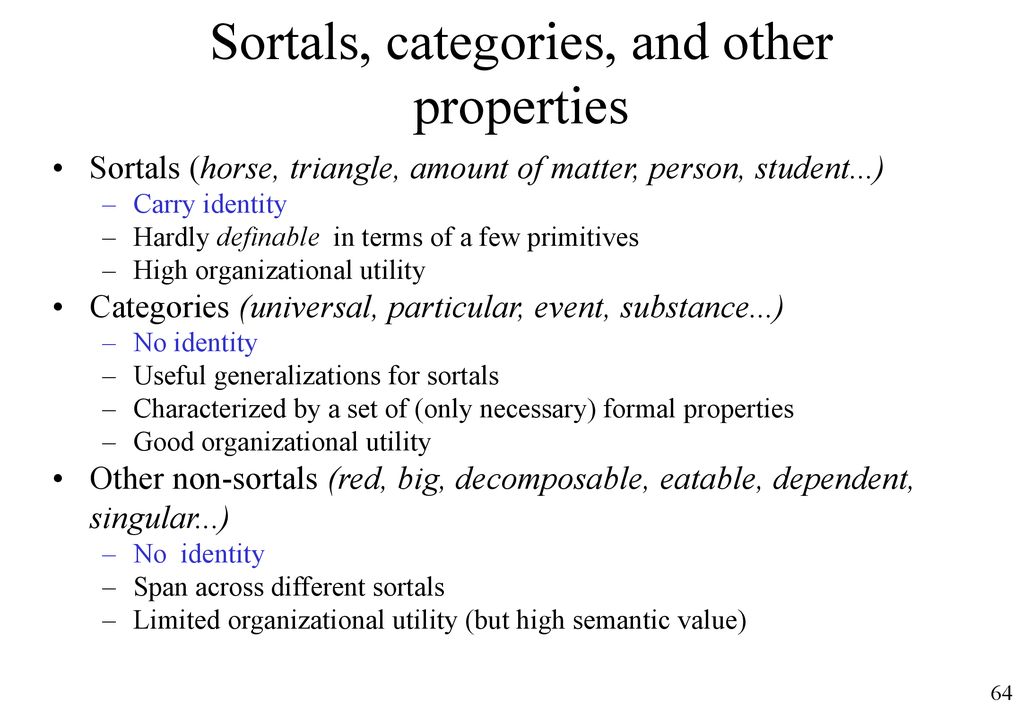Philosophers seldom change their mind about anything as much as Wittgenstein did about language. The shift from his early masterpiece, the Tractatus Logico-Philosophicus, to his later work, Philosophical Investigations, is as radical as the move from modern to post-modern philosophy. Wittgenstein leaves behind the view that we can come to know the structure of reality by studying the structure of language, and embraces the idea that language tells us more about ourselves than the world outside us. Lee Braver traces the steps of this incredible transformation. Few philosophers have given rise to an entire movement, far fewer to two. Along with Heidegger, Wittgenstein counts among this select number in the 20th Century. Wittgenstein capped his early career with the Tractatus Logico-Philosophicus, a dense cryptic book whose truth he found “unassailable and definitive” in finding “on all essential points, the final solution of the problems”…
Read the full article which is published on IAI TV (external link)







